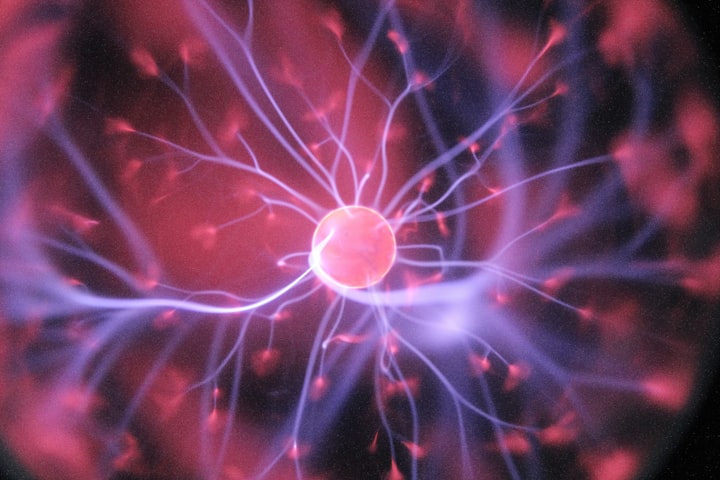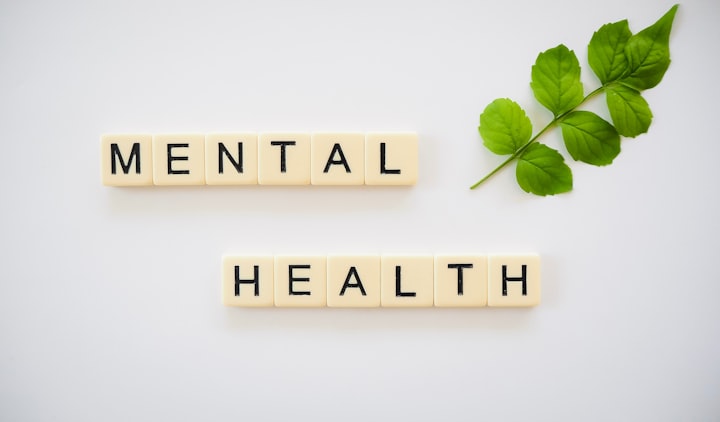Boost Your Attention With Easy Methods
These techniques work for me and my friends

Table of Contents
∘ What is Attention?
∘ What can we learn from research to improve efficiency and attention?
∘ 1. Distract the mind:
∘ 2. Wandering:
∘ 3. Chaos does not in order to increase attention?
∘ 4. Take a break from work
∘ 5. Don’t push too hard
∘ Conclusion
∘ Resources and further reading
It is often frustrating to be distracted when we have a task at hand. But don’t immediately blame it on your brain.
Our brains are easily distracted and have evolved in this way for a reason. While we place great importance on the ability to concentrate, our attention needs to be flexible.
After all, this is how our ancestors managed to survive for hundreds of thousands of years. Finding prey and safety required them to pay attention to any new information or situation around them. This could mean the difference between life and death.
As a result, we became more skilled at the rapid processing of external stimuli. Today, even if new information or fast-moving objects in our environment are not life-threatening, part of our brain still works in the same way.
What is Attention?
Physically, we can define attention by looking at neural activity in areas of the brain associated with the object of attention. For example, if you are listening to music, neurons in your auditory cortex are activated.
If you are looking at a picture, there is increased activity in the visual brain at the back of your head. The parietal brain lobes in the upper back of the brain manage attention in three-dimensional space.
The more you focus on a subject, the more intense and persistent this activity becomes. Gamma brain waves, which occur when neurons fire more than 25 times per second, indicate very intense focus, while slower brain waves indicate distracted attention.
What can we learn from research to improve efficiency and attention?
There is no secret recipe for increasing attention. There is no such thing as permanent focus. However, some methods can guide you if you want to increase your attention span.
Apart from the suggestions below, eating right, structuring your time, minimizing distractions and overcoming procrastination, whatever the reason, will of course come first.
1. Distract the mind:
If you find it difficult to concentrate on what you’re doing, one of the best ways to distract yourself for a short period of time is to turn to something else. To understand why this works, let’s take a brief look at how the brain works.
In our brain, the frontal cortex controls our natural instinct to resist distractions and engage in more enjoyable things. In a state of concentration, the whole brain, including the frontal cortex, must be working. This requires more energy.
But inevitably this energy runs out during the day. At this point, our minds start to wander to other things. If this is going to happen anyway, why not time it at the most opportune moment?
Psychologists distinguish between two types of distraction: intentional and accidental. Accidental distraction negatively affects the work. However, those who set this time themselves suffer less.
2. Wandering:
How much you love your work but it takes willpower to concentrate on a difficult task. One way to increase willpower is to laugh. Research has shown that people who watched a funny video before puzzling over a difficult puzzle put in more effort than those who watched a relaxing but unfunny video.
This doesn’t mean watching cat videos all day long, of course. But it is important to take the opportunity to laugh once in a while, especially when feeling tired.
3. Chaos does not in order to increase attention?
To concentrate better, it is thought that you need to remove all external distractions. However, another theory suggests the opposite. Nilli Lavie, a psychologist at UCL University in London, introduced the ‘Attribution Theory’ in 1995.
According to this theory, there is a limited amount of information that our brain can receive and process from the outside world. When this capacity is full, the brain’s attention system kicks in and decides what to concentrate on. Lavie’s experiments suggest that it may be more productive to work in messy and cluttered environments than in clean, organized and quiet ones.
When the perceptual fields are fully occupied, our brain will focus all its energy on the most important task. However, it is important to find the right distractions and not allow them to become energy-sapping.
The key is to find the right balance that doesn’t allow the brain to seek stimulation elsewhere. Most people find what works best through trial and error. Maybe you can start by leaving your desk untidy…
4. Take a break from work
When you’re swamped with work, you don’t even think about taking a break. But there is a lot of data showing that it is possible to get more done this way. The question is when to take a break, for how long, and what to do during it.
Research shows that the limit of concentration is 90 minutes. After that, it is necessary to take a 15-minute break. There are studies showing that even mini-breaks of a few seconds work.
It has also been shown that doing physical exercise when you take a break from work, followed by a caffeine-containing drink such as coffee, strengthens the brain. Doing this outside in a park will be more effective. Time for a cup of coffee then.
5. Don’t push too hard
When you need to concentrate for a long period of time, it is good to have short periods of concentration followed by short breaks.
Brain scans at the Boston Attention and Learning Lab showed that those who tried to concentrate for long periods made more mistakes than those who followed a method of short periods of concentration, a short break, and then another period of concentration.
Similarly, a study at the Vrije Universiteit Amsterdam found that taking a short break and thinking about something else, rather than concentrating all the time, improved attention.
Conclusion
The more we know about the brain, the more clearly we see that stress damages concentration. For this reason, taking a break to calm down, regaining control, and working more efficiently seem to be the most important things to do.
The original version of this article was published on another platform.
You may follow me there or If you enjoy writing and storytelling, you can join Medium, Vocal as a creator to earn money and find your voice and reach out to a broad audience.
About the Creator
Gokhan Yalcuk
I write and support writers | For more: gokhanyalcuk.com






Comments
There are no comments for this story
Be the first to respond and start the conversation.